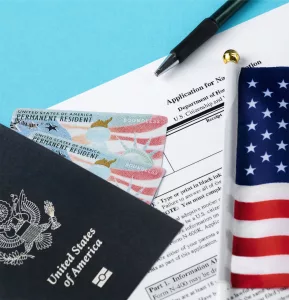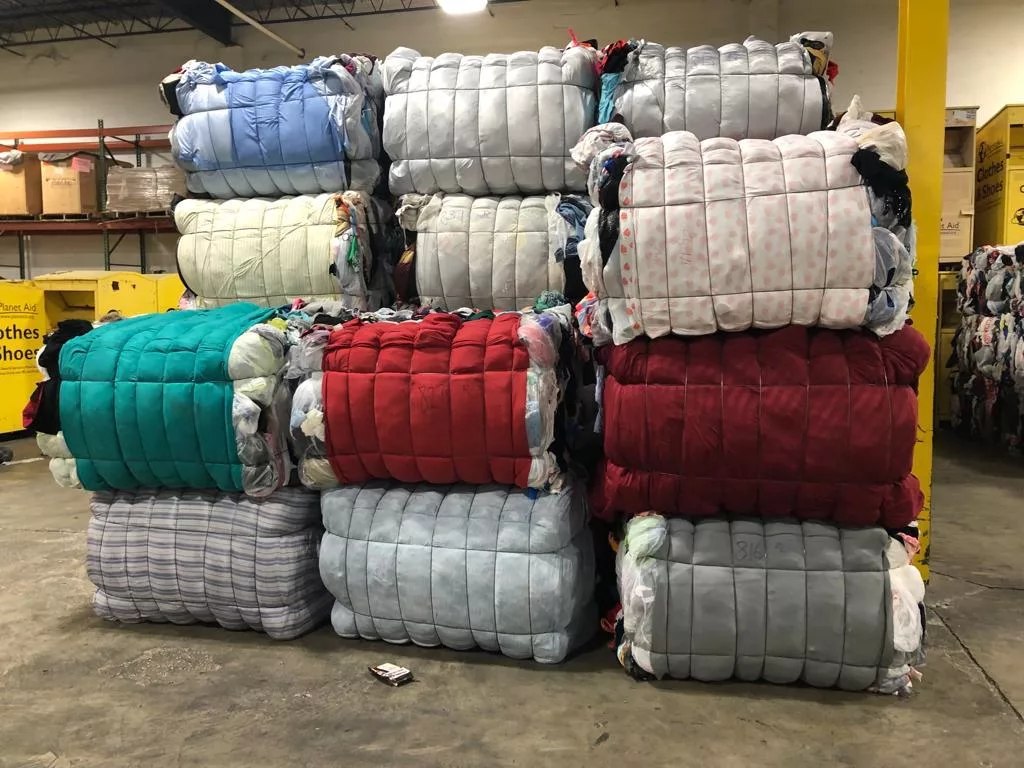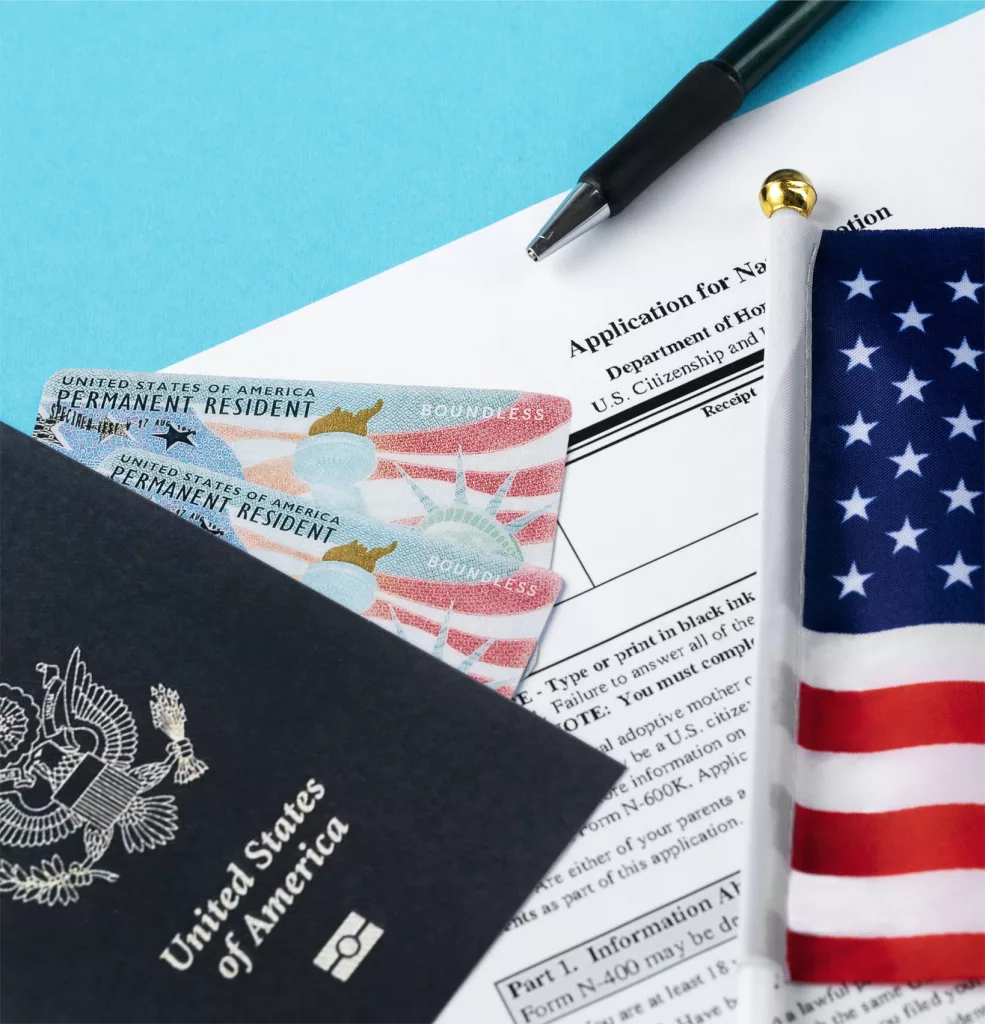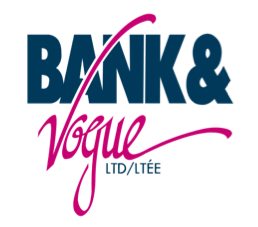How Deportations Are Disrupting Textile Recovery in Texas
Recent escalations in immigration enforcement in the United States—particularly across border states like Texas—are having wide-reaching effects on communities, businesses, and supply chains. For those working in the secondhand clothing industry, the impact is being felt in ways that threaten the flow of goods, access to labor, and overall operational stability.
 In border cities such as Laredo, McAllen, Hidalgo, and Houston, where many in the secondhand sector work within informal or vulnerable legal frameworks, increasing fear of raids, detention, and deportation is now slowing activity and straining the system.
In border cities such as Laredo, McAllen, Hidalgo, and Houston, where many in the secondhand sector work within informal or vulnerable legal frameworks, increasing fear of raids, detention, and deportation is now slowing activity and straining the system.
How the Secondhand Industry Is Being Affected
1. Worker Shortages in Collection and Warehousing
Many secondhand operators rely on a workforce that includes undocumented individuals or those with uncertain legal status. With stepped-up ICE activity in these areas, some workers have become hesitant to return to collection points, warehouses, or transport jobs. This labor disruption:
- Reduces the volume of goods being collected or processed
- Causes shipment delays
- Creates bottlenecks across sorting and baling operations
2. Inventory Pileups
As fewer goods are moved through the system, stock begins to accumulate—particularly credential clothing and baled goods. When warehouse activity slows or stops:
- Incoming loads remain unprocessed
- Outgoing shipments are delayed
- Storage space becomes limited
This contributes to an imbalance in the supply chain and can eventually affect pricing across domestic and international markets.

3. Business Hesitancy in High-Risk Zones
Reports from affected regions suggest that some businesses are operating more cautiously, or not at all, in response to enforcement trends. This includes:
- Resellers avoiding certain areas
- Warehouses delaying operations
- Clients pausing or reducing purchasing activities
Even unverified rumors of immigration enforcement can have a chilling effect on business activity, particularly in communities where informal commerce and secondhand resale are deeply rooted.
Economic Ripples in the Reuse Market
| Challenge | Consequence |
| Reduced labor availability | Slower warehouse turnover, missed pickup windows |
| Collection slowdowns | Fewer goods entering the reuse pipeline |
| Inventory congestion | Lower prices, strained margins, missed export schedules |
| Fear-driven inactivity | Lost revenue, weakened supplier-buyer trust |
These outcomes are especially difficult for businesses that rely on quick movement of goods and high-volume turnover—core dynamics of the secondhand textile industry.
A Circular Industry Rooted in Community
At its core, the reuse and secondhand clothing industry is powered by people, many of whom come from migrant backgrounds. Their role in diverting textiles from landfills, extending garment lifespans, and driving local economies is indispensable.
While Bank & Vogue recognizes the complexities of national immigration policies, we stand with the belief that:
- Circularity depends on inclusion
- Economic resilience requires labor security
- Human dignity is essential to sustainable business
We advocate for a future where reuse economies thrive without fear, and where those who contribute meaningfully to the circular supply chain are supported—not marginalized.
Supporting Clients Through Uncertainty
If your operations have been affected by enforcement-related delays, we encourage you to:
- Communicate proactively with logistics and resale partners
- Diversify intake and output flows when possible
- Seek out community legal aid or advocacy groups in your area
- Let us know if we can assist with inventory coordination







